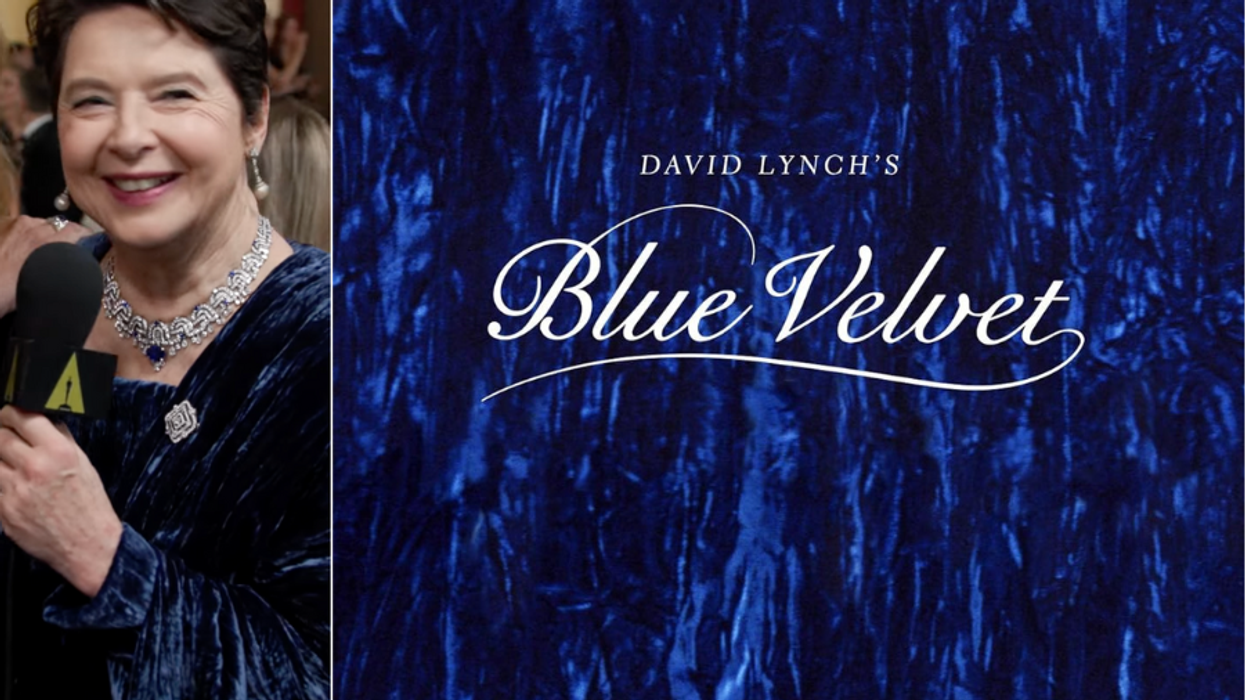Artificial intelligence theorist and education reformer Roger Schank is no fan of the high school curriculum and he bets America's teens aren't either. Indeed, many kids hate school because what they're learning doesn't seem relevant to real life. Schank, author of Teaching Minds: How Cognitive Science Can Save Our Schools, has penned an op-ed for the Washington Post breaking down the uselessness of every single subject taught in high school.
Schank calls chemistry "a complete waste of time" and says no one really needs "to know the elements of the periodic table" or the "formula for salt." Even doctors, says Schank, don't use the chemistry you learn in college. Teaching economics in high school is "beyond silly" because even "professional economists don’t really understand economics." Instead, students would be better off with financial literacy classes.
History doesn't fare much better. Schank eviscerates the saying that that those who don't know history are doomed to repeat it, noting, "I guess no U.S. president ever took history because they have all forgotten the lessons of the Vietnam War, the history of Iraq and the history of foreign incursions into Afghanistan." He goes on to point out that many "untruths about the Revolutionary War and the Civil War and World War II," are currently shared in schools.
Biology and English are worth saving if the way they're taught is changed, he says. Biology classes need to ditch the frog dissections and should instead emphasize how the human body works and sex education. Instead of slogging through Shakespeare, English class should be about "learning how to write well," and not through completing endless term papers or book reports. Schank advocates letting students write about things they care about and learning how to defend their arguments.
Similarly, physics would be worthwhile if it wasn't focused on memorizing formulas. "The Wright Brothers did not have any theory of flight," says Schank. "They simply tinkered with stuff until their plane flew. That is called engineering. Trying stuff to see what works." So why don't the nation's high schools teach engineering? "Because engineering wasn’t a subject at Harvard in 1892."
Schank believes the solution is for kids to just learn what matters to them. While a more creative, personalized education experience is certainly needed, sometimes you don't know what matters to you or interests you until you're introduced to it by a teacher. That said, Schank's advice that "the only way we learn is by doing—and to do that we must practice constantly" is something all educators should think about. The less memorization and the more actual getting your hands dirty in a subject, whether it's through service learning or other forms of project-based learning, the better.
Photo via (cc) Flickr user Orange42













